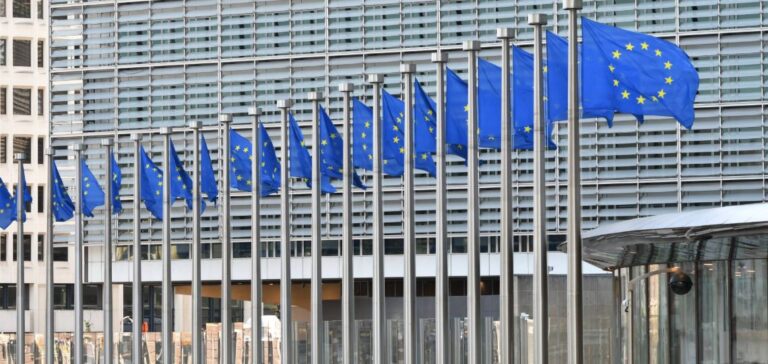The European Commission has today announced an ambitious €100bn plan aimed at supporting clean manufacturing within the European Union. This initiative, named the “Clean Industrial Deal”, seeks to bolster energy-intensive industries struggling with high energy costs, intense global competition, and complex regulations. The plan also aims to energise Europe’s clean tech sector.
Reducing barriers for European businesses
European Commission President Ursula von der Leyen highlighted the need to eliminate barriers hindering European businesses. She stated: “The demand for clean products has slowed down, and some investments have moved elsewhere. We know that too many barriers still hold back our European companies, from high energy prices to excessive regulatory burdens. The Clean Industrial Deal aims to break the chains holding our businesses back and to provide a real business opportunity for Europe.”
Measures to boost industrial competitiveness
The plan includes several key measures to enhance the EU’s industrial competitiveness:
– Simplifying state aid rules: to facilitate and accelerate the deployment of renewable energies and clean technologies.
– Reducing regulatory burdens: by easing sustainability reporting requirements for companies, aiming for a 25% reduction in administrative burdens by the first half of 2025, which would save European businesses €40bn.
– Action plan for affordable energy: aiming to reduce energy costs by addressing structural challenges, such as reliance on imported fossil fuels and the incomplete integration of the European energy network.
Reactions from industrial stakeholders
Industry leaders have welcomed these initiatives. Patrick Pouyanné, CEO of TotalEnergies, commented: “It’s a machine we’ve created in Brussels – I don’t know if we need a DOGE programme – many civil servants who are actually there to create regulations. That’s a problem.” This remark reflects the sentiment that a reassessment of the EU’s regulatory model is necessary to improve industrial competitiveness.
The Commission’s proposals will now be examined by the European Parliament and member states. If adopted, these measures could transform the European industrial landscape, enhancing its competitiveness on the global stage while supporting the transition to a greener economy.





















